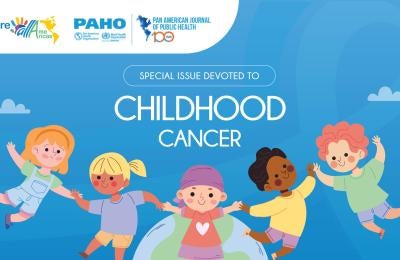Impact of social support on limited mobility in older people in high Andean communities in Peru
Objective
To determine whether there is a relationship between physical mobility and lack of social support in elderly people living in high Andean communities in Peru.














